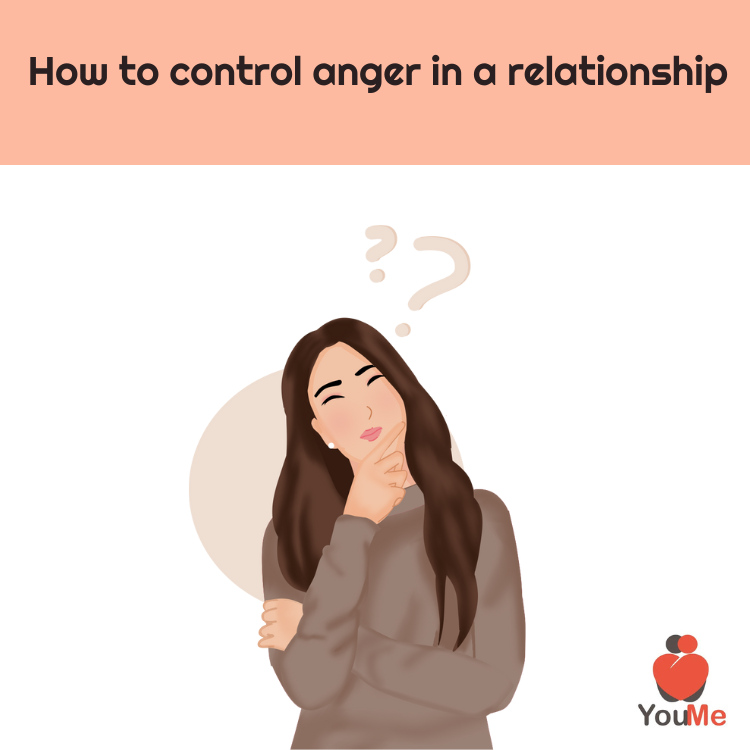How to control anger in a relationship

Controlling anger in a relationship is essential for maintaining a healthy and positive connection with your partner. Here are some strategies to help you manage anger in a relationship:
-
Pause and Reflect:
- When you feel anger rising, take a moment to pause and reflect on your emotions. Consider why you're feeling angry and whether the situation warrants such a strong emotional response. This brief pause can prevent impulsive reactions.
-
Communicate Openly:
- Foster open and honest communication with your partner. Express your feelings calmly and assertively, using "I" statements to avoid blaming. Share your perspective on the issue and listen actively to your partner's point of view.
-
Choose the Right Time to Discuss Issues:
- Timing is crucial when discussing sensitive topics. Avoid addressing issues when both of you are already stressed or busy. Choose a time when you can have a calm and focused conversation.
-
Practice Active Listening:
- Ensure that you listen actively to your partner's concerns. Understand their perspective and validate their feelings. This helps create a supportive environment for communication.
-
Use "Timeouts" When Needed:
- If a conversation becomes too heated, agree on a "timeout" signal that both partners can use. Taking a break can give each person the space needed to cool down and approach the discussion more rationally later.
-
Seek Compromise:
- Instead of trying to "win" an argument, focus on finding compromises and solutions that work for both of you. A collaborative approach strengthens the relationship and reduces the likelihood of recurring conflicts.
-
Practice Forgiveness:
- Holding onto anger and resentment can erode a relationship. Practice forgiveness by letting go of past grievances and focusing on moving forward together. This doesn't mean ignoring problems but rather finding constructive ways to address them.
-
Counseling or Therapy:
- If anger issues persist, consider seeking the help of a couples counselor or therapist. Professional guidance can provide tools and strategies to navigate conflict and improve communication within the relationship.
-
Set Healthy Boundaries:
- Clearly define and communicate your boundaries within the relationship. Establishing and respecting each other's boundaries can prevent situations that may lead to anger.
-
Work on Self-Regulation:
- Develop personal strategies for managing your own anger. This might include techniques like deep breathing, mindfulness, or even seeking support from friends or a support network.
Remember that it's normal to experience disagreements in a relationship, but how you handle and resolve conflicts is key. By adopting these strategies, you can contribute to a more harmonious and fulfilling connection with your partner.
Comments
No Comments!